The development of the field of action of the free and special economic zones of the country in order to transfer advanced technologies, expand and facilitate production, export goods and services, and provide essential needs and financial resources from abroad. The title of the eleventh paragraph of the general policies of the resistant economy approved by the Supreme Leader on 29/12/2013 is emphasized.
In order to establish coordination between the Organization of Free Commercial-Industrial and Special Economic Zones, the Supreme Council of Free Commercial-Industrial and Special Economic Zones consisting of the President (Chairman of the Council), Ministers of Economic Affairs and Finance, Industry, Mining and Trade, Foreign Affairs, Interior, Oil, cooperation, work and social welfare, culture and Islamic guidance, roads and urban development, justice and the minister of agricultural jihad, the vice president for strategic planning and supervision, the head of the Central Bank of the Islamic Republic of Iran, the head of the organization of cultural heritage, handicrafts and tourism. , the head of the Environmental Protection Organization and the Secretary of the Council are formed.
The secretary of the said council is appointed by the president.
The duties and powers of the Board of Ministers are delegated to the Ministers who are members of the said Council in the Law on the Administration of Free Commercial-Industrial Zones of the Islamic Republic of Iran regarding Free Commercial-Industrial and Special Economic Zones.
Decision-making regarding the executive affairs of the mentioned issues is delegated to the members of the Council as special representatives of the President, and the approval and amendment of regulations and regulations related to the mentioned issues are delegated to the ministers who are members of the Council.
The Secretariat of the Supreme Council of Free and Special Economic Zones while supervising the affairs of these zones, as a headquarters structure, follows up the implementation of the resolutions of the Supreme Council of Free and Special Economic Zones.
The organization in charge of the region, based on the approval of the Council of Ministers, is the Organization for the Development and Modernization of Iranian Industries.
In order to concentrate the activities related to the construction and operation of this special zone, the Iran Industrial Development and Modernization Organization established the Garmsar Special Economic Zone Management Company on 07/11/2015 and assigned the responsibility of implementing the plan to that company. Therefore, this is considered a public company.
by the Organization for the Development and Modernization of Iranian Industries from the general budget of the country and the specific revenues of the region
According to the planning, the complete construction period of the special zone is 10 years and the forecast for the completion of handovers and full operation is 20 years.
Based on the comprehensive plan of the Garmsar Special Economic Zone, which has been approved by the Supreme Council of Free and Special Zones
|
Special economic zones (law on formation and administration of special regions) |
Free Commercial-industrial zone (Law on how to manage free zones) |
Tittle |
Row |
|
Requirement to obtain a visa |
No need to obtain a visa in advance |
Visa regulations for foreign nationals |
1 |
|
According to the rules of free zones |
According to the rules of free zones |
Employment of foreigners |
2 |
|
According to the rules of free zones |
Exemption in total added value and domestic materials used in the production of the product, when entering the country |
Customs exemption for manufactured goods |
3 |
|
The possibility of entering goods and raw materials without paying customs duties, commercial profit |
is allowed |
is allowed |
4 |
|
Export of goods, equipment and raw materials from within the country to the region |
According to the law of the regions, it is considered an internal transfer |
Export of goods, equipment and raw materials from within the country to the region |
5 |
|
According to the rules of free zones |
. Without changes abroad, it is subject to the export regulations of the mainland. 2. After making changes to goods and equipment, it is subject to regional regulations |
According to the law of the regions, it is considered an internal transfer |
6 |
|
Entry of commercial goods from the region to the mainland |
according to the export and import regulations of the mainland (with some facilities) |
According to the export and import regulations of the mainland |
7 |
|
According to the rules of free zones |
Without restrictions and in accordance with the customs transit instructions of the Islamic Republic of Iran |
Goods transit from/to regions |
8 |
|
The possibility of domestic and foreign participation and investment |
According to these regulations, all natural and legal persons and institutions, both Iranian and foreign, and international organizations can invest in free zones independently or with the participation of the organization and its subsidiaries or with the participation of each other, and their accepted capital is subject to these regulations. will be |
According to the rules of free zones |
9 |
|
According to the Law of Encouraging and Supporting Foreign Investment of the Country |
According to the rules of free zones |
Company registration |
10 |
|
According to the Law of Encouraging and Supporting Foreign Investment of the Country |
According to the rules of free zones |
Covering non-commercial investment risks |
11 |
|
According to the rules of free zones |
1. Transfer of goods inside the exempted area. 2. When the goods enter the mainland in accordance with the value added tax law of the mainland-3, performing services within the area is exempted |
Value added tax |
12 |
|
It is determined based on the opinion of the regional organization |
It is determined based on the opinion of the regional organization |
The period of stoppage of goods and raw materials within the region |
13 |
|
According to the law of encouraging and supporting foreign investment of the country |
The subject of Article 21 of the law on how to manage free zones in the field of attracting and supporting foreign capital |
Full guarantee of foreign capitals and profits from them |
14 |
|
|
|
|
15 |
|
According to the rules of free zones |
According to the regulations of employment of human resources of the regions |
Employment of manpower, insurance and social security |
|
|
It is only allowed for foreigners |
is allowed |
Retail sale of goods |
16 |
|
is not allowed |
is allowed |
The arrival of passenger goods from the regions to the mainland |
17 |
|
is not allowed |
is allowed |
The arrival of passenger goods from the regions to the mainland |
18 |
|
According to the law of free zones |
is allowed |
Commercial sale and transfer of goods |
19 |
|
Final sale and transfer of land to domestic and foreign nationals is possible after obtaining the completion of the work |
It is forbidden to sell and transfer land to domestic citizens without hindrance and to foreign nationals. In cases where foreign investment leads to the formation of an Iranian company, the acquisition of land in the name of the company is allowed according to the investment plan and at the discretion of the organization. |
Land transfer |
20 |
|
In accordance with the country's insurance regulations |
According to the law of free zones |
Insurance activities |
21 |
|
In accordance with the monetary and banking regulations of the country |
According to the rules of free zones |
Monetary and banking operations |
22 |
|
There are some restrictions on currency transfers |
Unlimited and easy |
Currency transfer |
23 |
|
In accordance with capital market regulations |
in accordance with the regulations of the regions (being adjusted) |
Stock market |
24 |
|
exist |
Not specifically there (from the National Development Fund) |
Use of foreign exchange facilities |
25 |
|
is not allowed |
It is allowed with the license plate of free zones up to the approved radius |
Foreign license plate |
26 |










